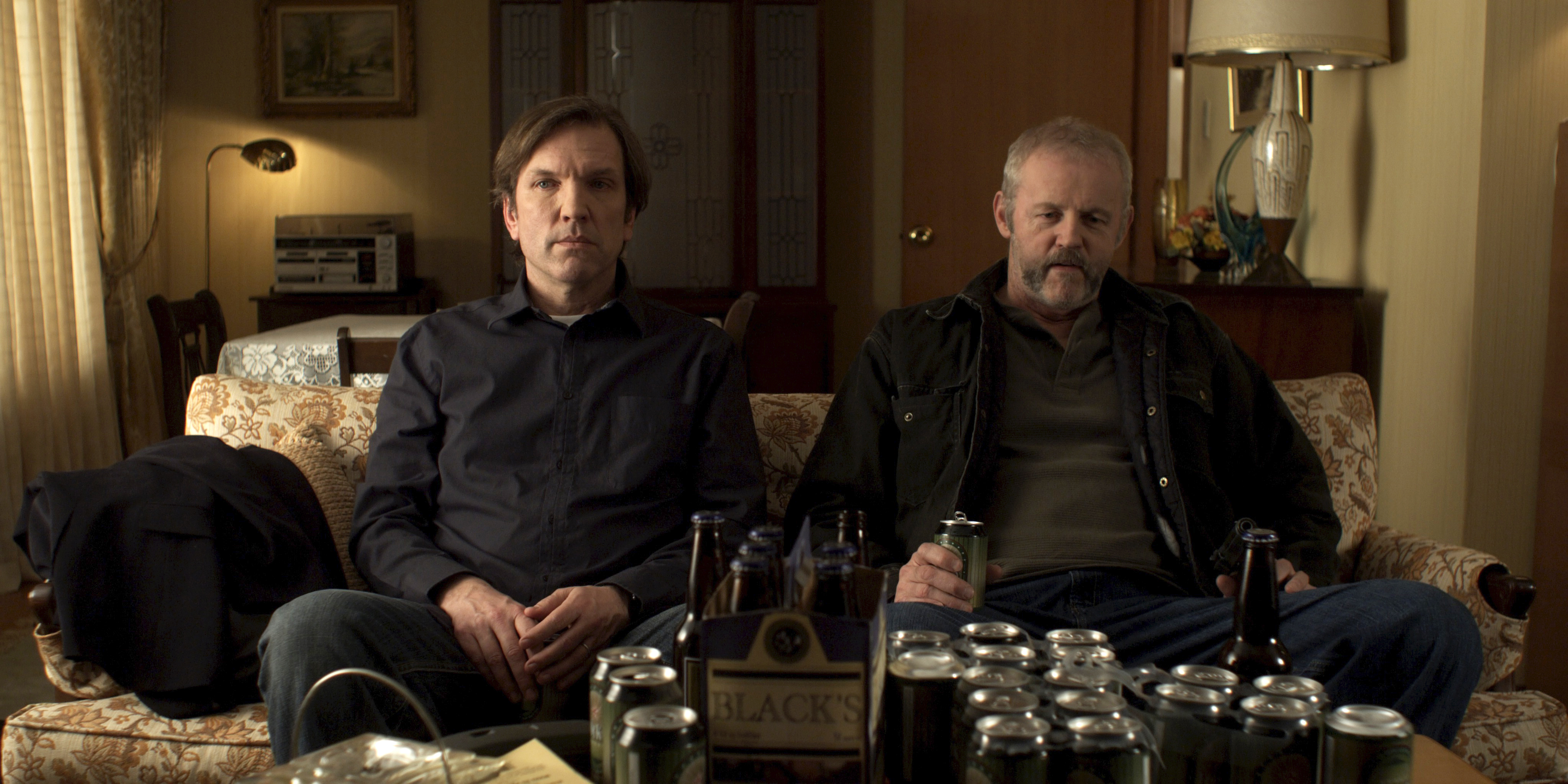Intellectual and social tensions, along with a touch of wooden acting, rise to the surface of this film, in which a flailing playwright tries to recapture his joie de vivre, only to find himself taken captive by an unstable neighbor in a hostage crisis.
“Weeds” actor Martin Donovan stars in and directs the drama, “Collaborator,” which begins as playwright Robert Longfellow (Donovan) escapes to his mother’s home in Los Angeles after his latest Broadway show receives a barrage of poor reviews. Even with this artistic saga going on, Donovan’s Longfellow remarkably remains a snooze in terms of character development.
Longfellow dumps his wife and kids in New York and starts hooking up with old flame and actress Emma Stiles, played with much-needed nuance by Olivia Williams. Longfellow really shows off an inflated sense of ego and pretentiousness that follows the stereotypical label of being a writer. Not to mention, he’s a bit rude to his mother.
One day, Longfellow runs into childhood neighbor and neighborhood loser Gus (David Morse), who still lives with his mother across the street. Uncouth and visibly smelly, if that’s possible, it’s clear that artiste Longfellow wants nothing to do with Gus, despite the poor guy’s pleas and unstable mumblings for a beer to catch up.
Later, Gus injures and kills a man offscreen during a robbery committed offscreen. Under the guise of a friendly beer, Gus ends up taking Longfellow hostage as a S.W.A.T. team and the media pile up outside the home of Longfellow’s mother.
What ensues is a two-man play, in which both characters release their political and intellectual tensions against each other in the confines of their situation, a battle of polar and mental opposites. The tensions that exist between Gus and Longfellow are overwrought and haphazardly brought up, full of obvious diatribes of intellect versus stupidity, liberalism versus conservatism and the like.
Donovan takes on the stereotype of the brooding, moody writer as New York playwright Robert Longfellow with such a static, vanilla blandness that it becomes a little irksome trying to feel for the guy. The only time that Longfellow shows some character is when Gus attacks his socially elevated viewpoints, from Longfellow’s stance on his own brother dying in the Vietnam War to differences between being an artist, and that’s mostly because he raises his voice a few octaves as he shouts.
In contrast, Morse’s sad sack take on Gus is super loud, both audibly and unnecessarily. While Gus is supposed to be the foil to Longfellow’s relative successes, his grizzled loser persona is just one step away from becoming the Crazy Cat Lady from “The Simpsons.”
Williams shines as the “other woman” whose pent-up emotions for this Longfellow character seem realistic, even with his slightly bland demeanor.
The film becomes a character study between the two men, one that ultimately proves tragic for the both of them. In a realm where film relies on action and bravado, the cinematic format seems inappropriate for such slowly churned character introspections. Perhaps it would take an actual stage to give his movie the visceral push that it needs.
““ Teresa Jue
Email Jue at tjue@media.ucla.edu.
